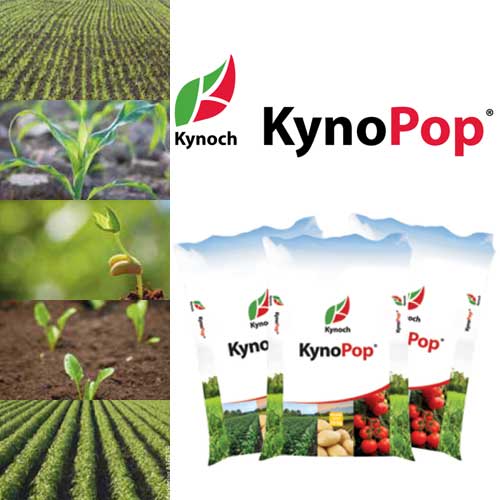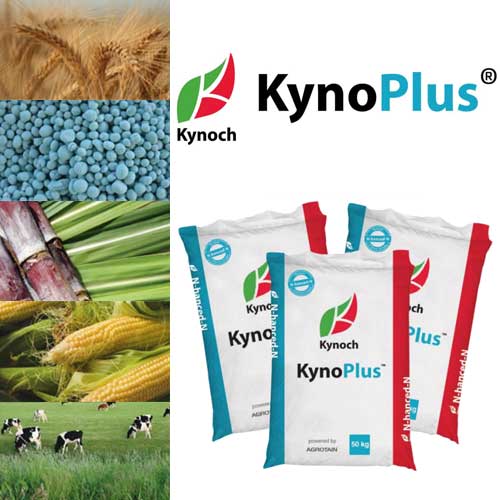
Effectiveness of Liquid Fertilizer
15/12/2020
Planned Fertilizer Programmes
18/01/2021Encouraging Root Development Requires the Right Fertilizer
As most people are now aware, humans need specific nutrients to support individual bodily functions. For example, calcium and vitamin D are among the basic requirements for healthy bone growth. Likewise, iron, vitamin A, several B vitamins, and a trace of copper are all essential for synthesising haemoglobin – the red blood pigment needed to transport oxygen. Plants also have specialised nutritional needs. Consequently, growers must often rely on manufactured products such as root development fertilizer to provide the appropriate nutrients when these may be missing from the soil or when their concentrations are too low to sustain healthy growth.
Essential Plant Nutrients
While most primary school pupils know that plants must have water, oxygen and sunlight to grow, these alone are not enough. Scientists have identified twenty-one nutrients of which all but 5 are essential to plants. These are classified as either primary, secondary or trace nutrients according to how much of these a plant requires. For instance, to be effective, a root development fertilizer will need to contain a suitable source of the two primary nutrients, phosphorus and potassium, in a form that enables the plant to assimilate them with ease. While nitrogen is also a primary nutrient, in this instance, its concentration needs to be limited as it tends to encourage increased growth of greenery at the expense of root formation.
Humic Acids
Humus constitutes the major organic portion of soil and plays an important role in the growth and maintenance of plant life. It is often derived from decaying plant matter like dead leaves, but can also be introduced into an environment through a variety of additional methods.
Although they are not essential to plant nutrition, including humic acids in a root development fertilizer can offer growers a couple of valuable benefits. In particular, humic acids play a role in controlling the availability of nutrients. Humic acids in the soil help to regulate the mix of microorganisms in the immediate area and also modify cell physiology. Together, these actions combine to improve the plant’s uptake of the primary nutrients necessary to stimulate root growth, thus enhancing stability and the transport of water and nutrients to the rest of the plant.
For farmers in areas of high soil salinity, a root development fertilizer containing humic acids offers another invaluable benefit. The presence of these acids in brackish soil acts to increase the concentration of amino acids, which, in turn, serves to reduce the absorption of sodium ions and so limits their potential cytotoxic effects.
Kynoch
Kynoch is an established leader in the important field of plant nutrition, specialising in the application of innovative technologies proven to enhance crop yields. As well as offering a range of agricultural services, the company provides a wide range of granular, liquid, and specialised, yield-enhancing products. The range includes a highly effective root development fertilizer.
For further information about Kynoch’s range of products, or to learn more about how Kynoch can help you achieve your agricultural goals, please get in touch and start a no-obligations conversation. We love to speak to industry professionals and will gladly assist wherever we can.






.png?v=1594369838025?v=1594369838026)